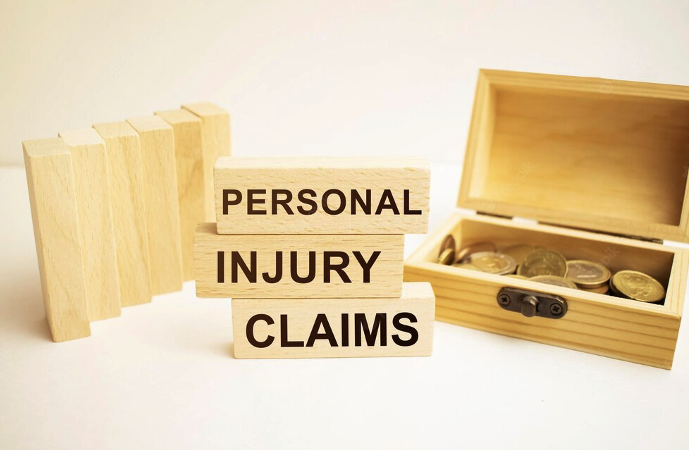
Misconceptions about personal injury claims can undermine your case, especially in New Jersey, which borders New York, Pennsylvania, Delaware, and the Atlantic Ocean. Believing you don't need legal counsel or that minor injuries aren't claim-worthy may prevent fair compensation. Another myth is that claims always lead to lengthy trials, and many settle out of court. Also, waiting too long to file can breach the statute of limitations. Accurate legal knowledge is essential to protect your rights.
One of the biggest mistakes people make is assuming they have unlimited time to file a claim. New Jersey law establishes a statute of limitations, which normally allows for two years from the date of injury to file a lawsuit. Regardless of how good your case is, missing this deadline may result in losing your right to seek compensation. Certain exceptions apply, such as injuries discovered later or cases involving minors. Waiting too long raises the likelihood of losing important evidence and witness testimony. Acting promptly ensures your claim is filed within the legal timeframe.
While handling a claim without legal representation is possible, it can be a significant disadvantage. Insurance companies have skilled adjusters and legal teams aiming to minimize payouts. You may accept a settlement far lower than your case's true value without a lawyer. Experienced New Jersey personal injury attorneys recognize the state's laws, negotiate aggressively, and gather important documentation to support your claim. Their expertise often results in higher compensation than what an unrepresented claimant might secure.
New Jersey follows a modified comparative negligence rule, meaning you can still recover damages if you are partially at fault as long as your fault does not exceed 50%. However, your compensation is reduced by your percentage of fault. For example, if you are found to be 30% responsible for an accident, your final award will be reduced by 30%. Believing that partial fault completely bars recovery can lead to unnecessary financial hardship. Let legal professionals assess the situation before assuming you have no case, which is important.
Many people hesitate to submit a claim because they fear a lengthy court battle. Most personal injury cases settle out of court through negotiations between attorneys and insurance companies.
Trials are usually a last resort when settlement talks fail. A well-prepared claim with strong evidence often leads to a fair resolution without litigation. Understanding this can encourage injured parties to pursue rightful compensation without unnecessary fear.
Insurance companies prioritize their bottom line, not your best interests. Many assume that an insurance settlement will automatically cover all medical bills, lost wages, and other damages. Insurers often offer lowball settlements that fail to account for long-term costs, such as future medical treatments or ongoing rehabilitation. Accepting an initial offer without careful review can leave victims struggling financially. Consulting a legal expert ensures that all past, present, recent, and future damages are adequately considered before settling.
Even slight injuries might have long-lasting implications. A small back strain or mild concussion might not seem serious initially but could worsen over time, leading to chronic pain or complications. New Jersey law allows injury victims to seek compensation for immediate and future medical needs. Failing to document injuries properly or dismissing them as insignificant can result in losing out on rightful compensation. Seeking medical attention and legal advice ensures all potential damages are accounted for.
Misconceptions concerning personal injury claims might result in costly mistakes. Understanding New Jersey's laws, acting within legal time limits, and securing professional guidance can significantly affect the outcome of a claim. Rather than relying on myths, individuals should seek accurate legal information to protect their rights and secure the compensation they deserve.